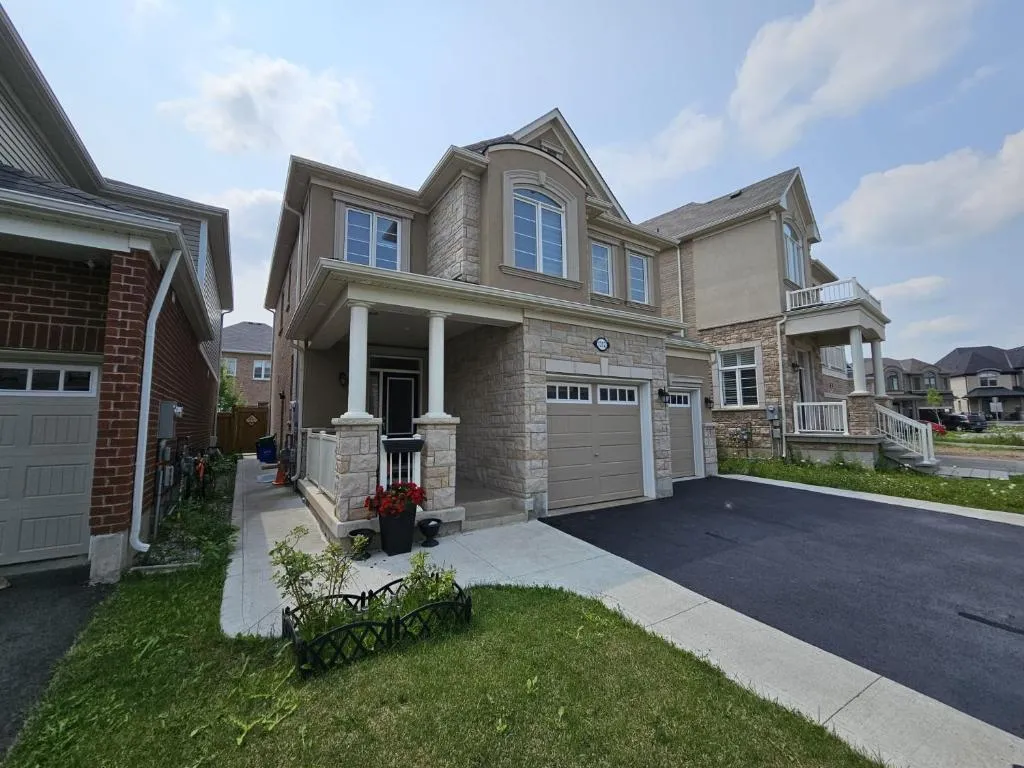An active real estate licence is one of the most valuable things an investor can have these days, but the advantages come at a price. In the first year, getting a real estate licence can cost up to $3,000 or more, and the costs will continue throughout your career.

Your development as an investor can be greatly accelerated by becoming a real estate agent. Access to tools, networks, and information that are not available to everyone is made possible by a license. However, there are significant time and financial commitments associated with this access.
The Price of a Real Estate Licence
A real estate licence in the United States usually costs between $400 and more than $1,000, depending on the state. There are a number of factors to take into account, despite the common misconception that certification is the only expense. The expenses related to acquiring a real estate licence are broken down as follows:
Estimated Expenses for Education
$200 to $1,000
License requirements vary by state, ranging from 63 hours in Florida to 180 hours in Texas. While comprehensive programs may cost more than $1,000, you can find acceptable education for as little as $200.
The Estimated Cost of Each State Licensing Exam:
$85 and $200
Exam fees are not included in the cost of education. You should budget between $85 and $200 on average. Retesting will cost extra if you fail on your first attempt.
Estimated Expenses for a Background Check
$50 to $100
It is necessary to perform a background check, which includes fingerprinting and processing fees. Typically, this costs $50 to $100.
Having a Broker Hang Your License
Cost estimates vary depending on the broking. Usually, new agents must hang their licence with a broking for a minimum of two years, during which time they must pay commission splits and monthly ‘desk fees’. Commission splits can vary from 30% to 50%, and desk fees can amount to up to $1,500 per month.
Insurance for Errors and Omissions
Cost estimates range from $350 to $400 annually. Licensed agents must have this insurance, which guards against allegations of carelessness. You should budget about $400 per year.
Membership in the National Association of Realtors
Estimated expenses include a $150 annual sign-up fee. Brokers frequently demand membership, which costs about $150 annually plus any initial sign-up costs.
• Estimated annual business expenses range from $500 to $1,000
Office space, technology, client meetings, and gifts are examples of ongoing business expenses.
• Estimated expenses for marketing: $1,000 annually
Self-promotion is essential and may entail expenses for things like advertising, websites, and business cards.
• Estimated expenses for continuing education range from $50 to $300+ annually
Maintaining your licence in many states requires continuing education, which raises your annual expenses.
How to Pay for Your License
Tax deductions are available for all costs related to acquiring a real estate licence. Agents can claim a tax deduction for their expenses since they are independent contractors. Once you close your first deal, initial costs will often pay for themselves because agent commissions usually total several thousand dollars.
State-specific Average Costs
Real estate licence fees can differ significantly. The average prices for pre-license education and the license fee in a few states are listed below:
• Florida: $150 for the license fee, $200 for pre-license education, and $350 overall
• California: Pre-License Education: $400, License Fee: $400, Total: $800
• Texas: $320 for the license fee, $475 for pre-license education, and $795 overall
• New York: Pre-License Education: $350, License Fee: $70, Total: $420
When to Get a License
Your chosen educational path and state requirements will determine how long it takes to get a real estate licence. Online courses provide flexibility and allow you to finish them at your own pace, whereas classroom courses can take up to six months.
Does It Make Sense?
Your level of dedication to the industry will determine whether obtaining your real estate licence is worthwhile. Successful agents have the potential to become brokers or appraisers and can make six figures. Real estate training is reasonably accessible and does not require a four-year degree, in contrast to other career paths.
In the end, think about whether you want to work in real estate for a living, whether you’re prepared to network, and whether you can handle a commission-based income. These elements will assist you in deciding whether getting a licence is the best course of action for you.
Final Thoughts
Obtaining a real estate licence has many advantages for investors, but it also entails significant expenses and obligations. Even though the initial outlay may be substantial, the possible benefits—such as having access to unique data and resources—are frequently thought to make it worthwhile.
Since success in the real estate industry demands commitment and time, be ready for the educational process as well as the difficulties that may arise. If you’re up to the task, begin by learning about the particular requirements in your state for acquiring a real estate licence.






